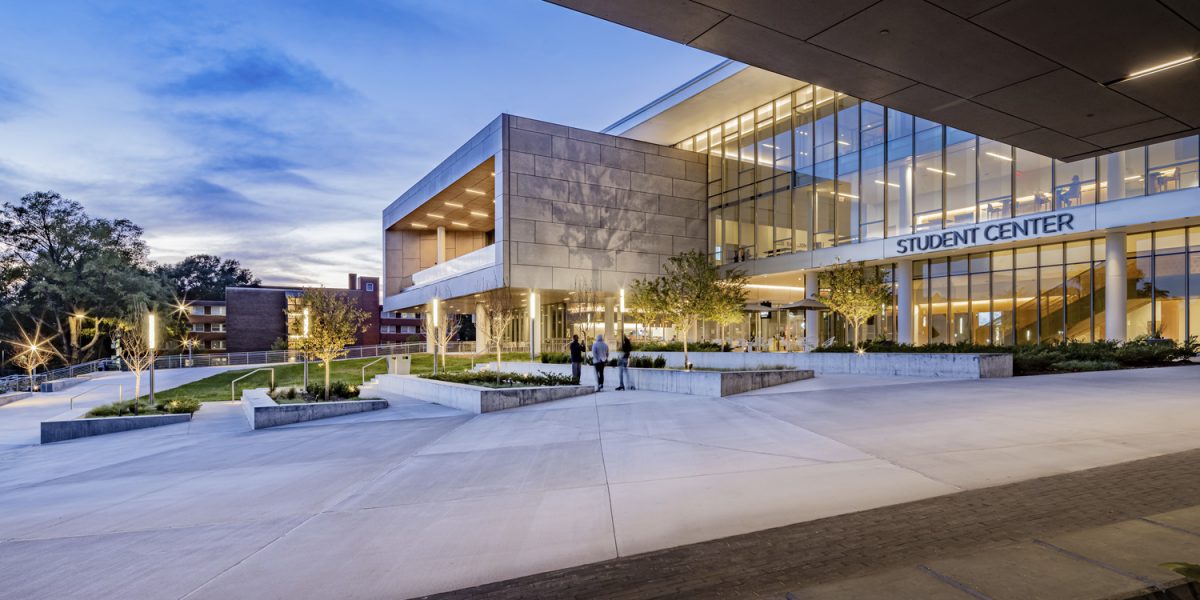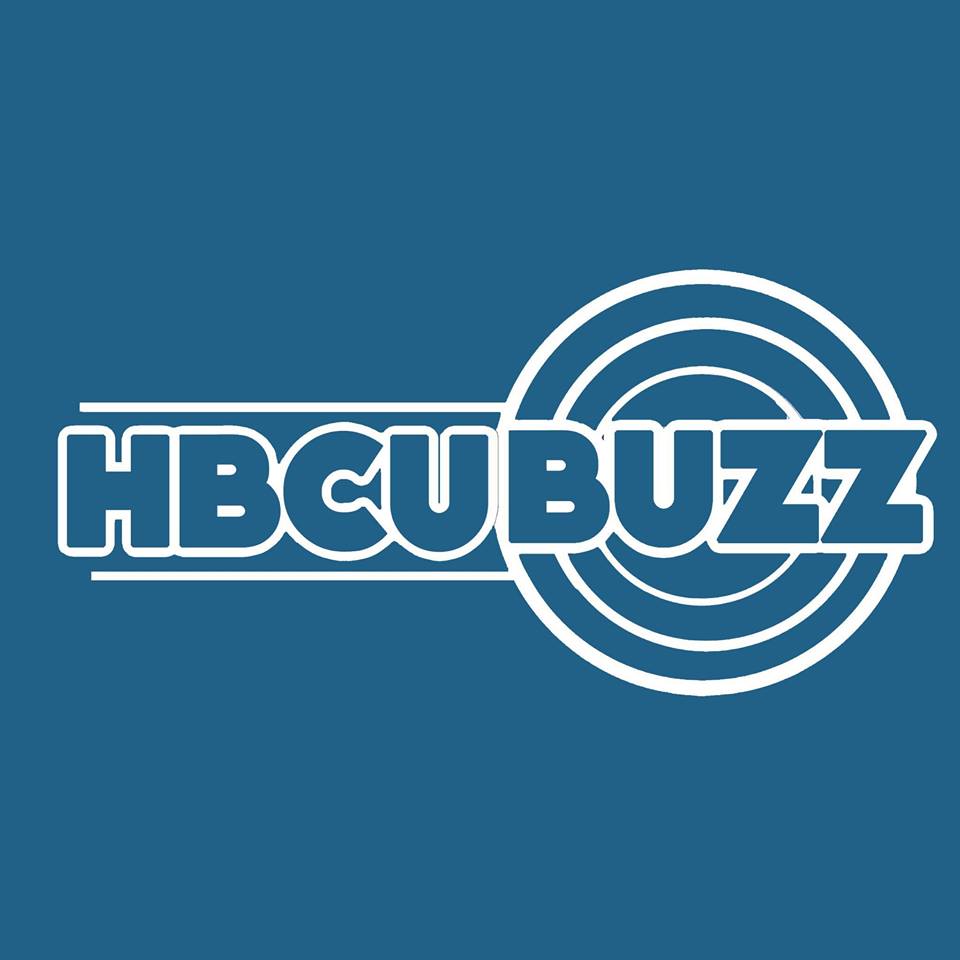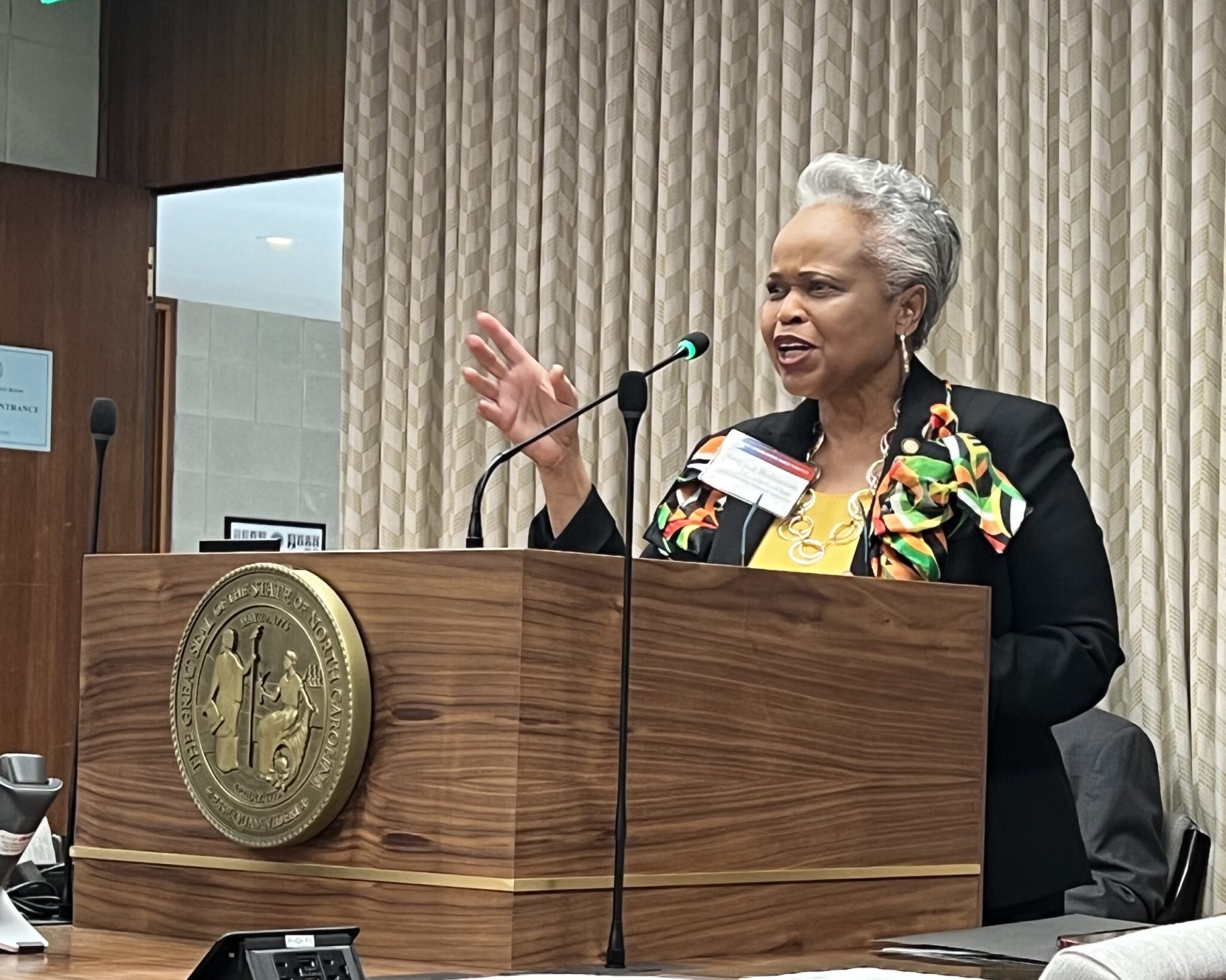get these nets
Veteran
These 3 historically Black UNC System schools can now admit more out-of-state students

Three historically Black public universities can now admit more out-of-state students thanks to the UNC System Board of Governors raising the enrollment cap Thursday.
The board raised the cap from 25% to 35% at North Carolina Agricultural and Technical State University and North Carolina Central University and from 25% to 50% at Elizabeth City State University.
N.C. A&T, the nation’s largest HBCU, has seen a large influx of out-of-state applications — up 31% from this time last year.
The rise is due to A&T’s growing national reputation, exposure through athletics, alumni engagement and a new spotlight on HBCUs in politics and the media, according to Dawn Nail. She is the interim associate vice provost for enrollment management and head of undergraduate admissions.
In previous years, A&T has had to turn away a lot of quality students because of the enrollment cap, Nail said.
Raising this cap will increase enrollment, diversify the student body and provide financial gains, because out-of-state students pay more for tuition, she said. The school is looking to hit 14,000 students within the next year or so, which Nail said won’t be a problem because applications are not slowing down.
“This is a good opportunity to showcase A&T a little bit more across the country,” Nail said.

N.C. A&T State University campus, Greensboro NC A&T State University
Most UNC System schools are penalized if they admit more than 18% of freshmen undergraduate students from other states, because the system focuses on educating North Carolina students.
But the board raised the cap to 25% for all HBCUs last year so that those schools can grow the size and caliber of their student bodies. The state’s other two public HBCUS — Fayetteville State University and Winston‐Salem State University — will keep that cap.
Critical for Elizabeth City State
For Elizabeth City State, a small HBCU in the northeastern corner of the state near the Virginia border, raising the cap is critical for enrollment growth and attracting higher-caliber students.
ECSU will be allowed to accept up to 50% of first-time freshman — or about 100 students — from out-of-state. That’s still a small number compared to other NC Promise schools, but it’s necessary for the university to grow.
The NC Promise program sets tuition at $1,000 a year for in-state undergraduates and $5,000 a year for out-of-state students.

Charity Bond, an Elizabeth City State University student, studies at the Walter N. and Henrietta B. Ridley Student Complex Tuesday, March 1, 2022. Travis Long tlong@newsobserver.com
After years of rapid high school graduate growth in North Carolina, the number of high school graduates is leveling off dramatically, ECSU Provost Farrah Ward said in an emailed statement.
“With fewer students entering college — and all of the higher education institutions competing for the same students — lifting the out-of-state enrollment cap is important for ECSU’s continued growth,” Ward said.
This change doesn’t mean there will be less spots for eligible North Carolina students. The university has the capacity and eagerness to accept more students on its campus, she said.
The new enrollment caps will be effective with the fall 2022 semester

Three historically Black public universities can now admit more out-of-state students thanks to the UNC System Board of Governors raising the enrollment cap Thursday.
The board raised the cap from 25% to 35% at North Carolina Agricultural and Technical State University and North Carolina Central University and from 25% to 50% at Elizabeth City State University.
N.C. A&T, the nation’s largest HBCU, has seen a large influx of out-of-state applications — up 31% from this time last year.
The rise is due to A&T’s growing national reputation, exposure through athletics, alumni engagement and a new spotlight on HBCUs in politics and the media, according to Dawn Nail. She is the interim associate vice provost for enrollment management and head of undergraduate admissions.
In previous years, A&T has had to turn away a lot of quality students because of the enrollment cap, Nail said.
Raising this cap will increase enrollment, diversify the student body and provide financial gains, because out-of-state students pay more for tuition, she said. The school is looking to hit 14,000 students within the next year or so, which Nail said won’t be a problem because applications are not slowing down.
“This is a good opportunity to showcase A&T a little bit more across the country,” Nail said.

N.C. A&T State University campus, Greensboro NC A&T State University
Most UNC System schools are penalized if they admit more than 18% of freshmen undergraduate students from other states, because the system focuses on educating North Carolina students.
But the board raised the cap to 25% for all HBCUs last year so that those schools can grow the size and caliber of their student bodies. The state’s other two public HBCUS — Fayetteville State University and Winston‐Salem State University — will keep that cap.
Critical for Elizabeth City State
For Elizabeth City State, a small HBCU in the northeastern corner of the state near the Virginia border, raising the cap is critical for enrollment growth and attracting higher-caliber students.
ECSU will be allowed to accept up to 50% of first-time freshman — or about 100 students — from out-of-state. That’s still a small number compared to other NC Promise schools, but it’s necessary for the university to grow.
The NC Promise program sets tuition at $1,000 a year for in-state undergraduates and $5,000 a year for out-of-state students.
Charity Bond, an Elizabeth City State University student, studies at the Walter N. and Henrietta B. Ridley Student Complex Tuesday, March 1, 2022. Travis Long tlong@newsobserver.com
After years of rapid high school graduate growth in North Carolina, the number of high school graduates is leveling off dramatically, ECSU Provost Farrah Ward said in an emailed statement.
“With fewer students entering college — and all of the higher education institutions competing for the same students — lifting the out-of-state enrollment cap is important for ECSU’s continued growth,” Ward said.
This change doesn’t mean there will be less spots for eligible North Carolina students. The university has the capacity and eagerness to accept more students on its campus, she said.
The new enrollment caps will be effective with the fall 2022 semester
Last edited:






